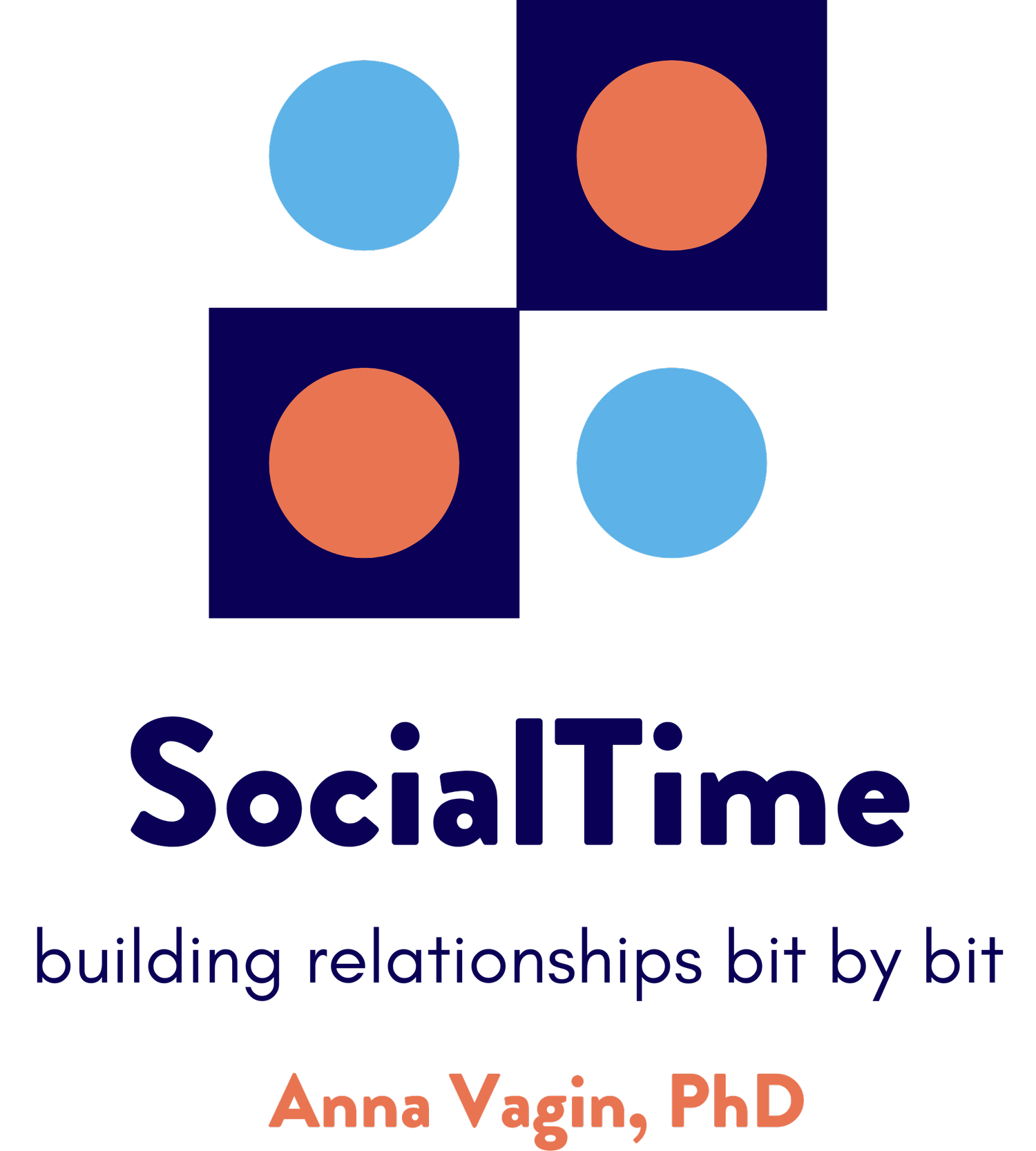A lifetime of changing
“Change is the end result of all true learning.” Leo Buscaglia
I’ve worked with Tim, an autistic young man, since he was 3. Now he’s 22. A long relationship with him and his incredibly supportive family. When I became fascinated with mental state verbs (MSV) and talked with his mother, we agreed that they weren't words Tim used. Two years ago, we started a concerted effort to build his exposure to, understanding of, and use of MSV. His mom integrated them into everyday conversations. She listened carefully to the word choices he made. He and I watched, discussed, and wrote about MSV in animated videos and built complex narrative language that included MSV (we had already worked very hard on conjunctions.) In our Zoom sessions, Tim did LOTS of writing in Word documents – about movies, his weekend, and his experiences. He always had a list of MSV to refer to. As he wrote, I was usually silent.
Surprisingly quickly, Tim’s mom and I both started hearing mental state verbs “popping up” in his language. Here are some examples from our sessions:
One day, he commented “I really enjoyed my weekend.” He was beaming as he used this word that helps us appreciate our lives!
Another session, as he was writing and said something to me, he looked back at his work and said, sort of to himself, “Now, where was I?” A reflection that he knew he’d been somewhere, and believed he could get back to that place/thought. At the end of that session, he leaned back, nodding and looking so proud, and said “Wow – would you look at that!”
When working on his school schedule he stated: “I’m planning on taking more multimedia next semester.”
He became more aware of, not just the pleasant, but also the more difficult sides of life.
Whereas he had always written positively about scary movies, seemingly not to have registered the scary parts (“I loved it,” “it was fun”) now he qualified his enjoyment: “I liked the movie but I felt scared. The people thought the dinosaurs were going to kill them. They felt afraid.”
After he had a medical procedure, he wrote “I hope to feel better in December so I can travel. I missed my mom at the hospital.”
After his grandmother died, he wrote: “We felt sad that my grandmother passed away because we loved her very much and we miss her.”
Was this work easy? No. If was often challenging, but not overwhelmingly so. But as Tim saw his progress, saw himself learning and growing, he was motivated to keep going.
I truly believe this learning has opened Tim to new ways of thinking about and looking at his life. Appreciating those around him, and his own actions and accomplishments in a way vastly different from how he spoke and wrote several years ago. And I believe he will continue to change – I am so curious about where his journey will take him!
As part of my growing and learning, I am exploring the role of MSV in alleviating anxiety in particular. When we are struggling, or sad, or worried, it is our ability to think into the past and the future that often helps carry us through. We can know, hope, and plan, seeing a future beyond whatever we are struggling with. It is our ability to remember the past, that lets us recall strategies and our past moments of resilience. To consider the totality of our past, present and future builds a “mental life jacket” that can carry us through our present challenges. That’s the gift of mental state verbs. 🎁
Have you been experimenting with MSV? How do you judge how and when to challenge your students? How do you support those with whom you work in continued growth – particularly during those high school and early adulthood years? Email me and let’s share!
Enjoy the coming of Fall…

